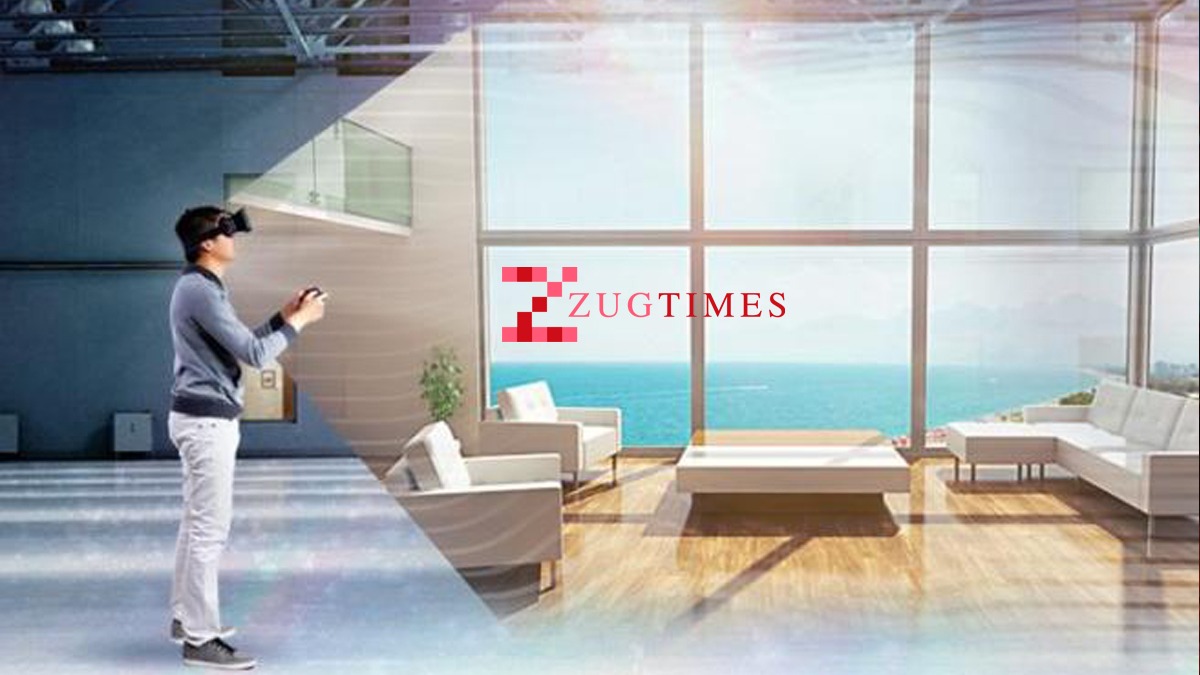Why Digital Real Estate is Not Just the Metaverse

As digital real estate continues to explode in popularity, more and more investors (new and old) are looking to get involved in one of the most exciting opportunities of Web3 and crypto. From virtual reality, to transforming how we interact and communicate on social media, millions of people around the globe are flocking to the next "gold rush."
While the Metaverse and virtual worlds certainly play a massive role in the digital real estate industry, it would be a mistake to forget the other aspects of this growing field.
More than just the Metaverse
The Metaverse is expected to grow to an $800 billion market by 2024, and the number of operational Metaverse projects and virtual worlds will most likely continue to increase, providing plenty of opportunity for investors looking to add digital real estate to their portfolio. Owning a building or piece of land in popular games such as Second Life or even Minecraft is becoming increasingly common for gamers and technology enthusiasts alike, not to mention other virtual lands in well-known NFT projects as well.
What does Digital mean?
Given the term "digital real estate" it's only natural for one to assume it may refer exclusively to virtual land in virtual worlds. "Digital" often refers to anything living online or as packets of data on a computer. While there is no doubt value (as decided by the market) of virtual lands in the Metaverse, those assets aren't usually tied to real world real estate pricing–they are frequently two separate concepts.
For example, investing in land in the popular NFT game ecosystem, BYOPills, is different than owning a rental property in real life. Both have benefits and can potentially generate income, but they are two entirely investments. For players of the game, owning land can help you generate resources which can then be exchanged for cryptocurrency. Owning a rental home allows you as the owner to collect rent.
Bridging the gap
But beyond the Metaverse, there is a growing number of companies aiming to bridge the gap between physical real estate value and bringing those benefits to the digital the world. After all, one of the most appealing aspects of real estate in general, is in theory, folks will always need a roof over their home. While owning land in the Metaverse can provide many benefits, they are not yet at the level of benefits and utility physical real estate can provide.
Yet despite the benefits of real estate investing, it remains an incredibly gated asset class. Historically, you need significant sums of money to invest in rental properties and ultimately grow your real estate investments. Not only does traditional real estate require significant amounts of capital to get started, it can be incredibly time consuming as well. From collecting rent, to home repairs, the to-do list is virtually never ending.
How About the Cost?
Buying a house is difficult. However, if the talk of the metaverse has sparked the hope of having - at least in a virtual reality - the apartment of your dreams, you are wrong. There, too, real estate is expensive. There are aspiring landowners and even companies specializing in what analysts already call the virtual real estate market or, virtual real estate.
Metaverse Group, a company that last November spent the equivalent of $2.4 million on land in Decentraland. Decentraland is one of the simulated worlds that's attracting interest from mutual funds, big brands, and even celebrities. In the sandbox environment, meanwhile, another specialized company (Republic Realm) has bought land for a record $4.3 million, and rapper Snoop Dog is creating a microworld in his own image: Snoopverse. He built his house and located it in such a way as to have an idol as a neighbor. He paid $450,000 to have his idol as a virtual neighbor.
#BYOPills #crypto #digitalrealestate #metaverse #MetaverseGroup #SecondLife #SnoopDog #Snoopverse #virtualland #VirtualReality #web3 #zugtimes
Zug Times
https://zugtimes.com/why-digital-real-estate-is-not-just-the-metaverse